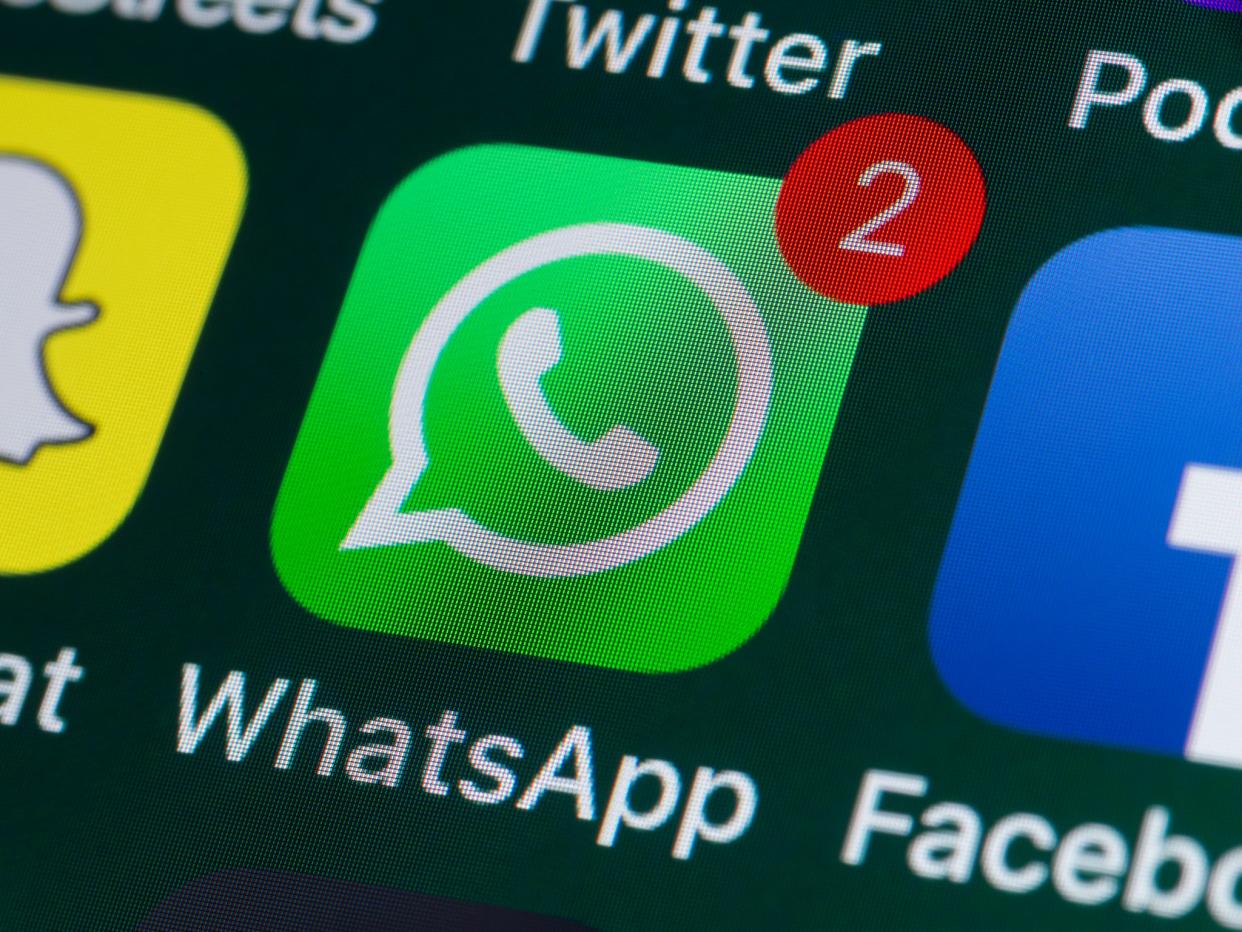WhatsApp update lets people search the content of messages to see if they are being lied to

A new WhatsApp features lets users easily search the contents of messages to see if they are being lied to.
The new updated is just the latest attempt by the service to cut down the amount of misinformation that is spread through messages, which often tend to spread quickly through groups and chats.
It is built on top of another feature, built for the same purpose, which watches for when a message has been repeatedly forwarded and flags it with a special message, encouraging people to be cautious about whatever claims have been made.
The misinformation features have rolled out in the wake of coronavirus, and come in response to a host of misinformation about the spread and prevention of the disease. In its examples, WhatsApp referred to the belief that "drinking fresh boiled garlic water will cure Covid-19", which is false – if someone receives the message, and searches for it, they will see a host of further information from fact checking websites.
But coronvirus misinformation is far from the only problem content spreading over WhatsApp, and the search feature will be available on any message that has got the highly-forwarded tag.
"Today, we're piloting a simple way to double-check these messages by tapping a magnifying glass button in the chat," WhatsApp said.
"Providing a simple way to search messages that have been forwarded many times may help people find news results or other sources of information about content they have received.
"This feature works by allowing users to upload the message via their browser without WhatsApp ever seeing the message itself."
WhatsApp has added a host of similar features in recent months. In April, for instance, it placed a new limit so that highly forwarded messages could only be sent on to one person – which it later said had cut the spread of viral messages by 70 per cent.
The feature is now rolling out on both Android and iOS for WhatsApp users in the UK, Ireland and the US, as well as Brazil, Italy, Mexico and Spain.
Read more
Facebook Messenger update could let users chat with WhatsApp contacts

 Yahoo News
Yahoo News 
